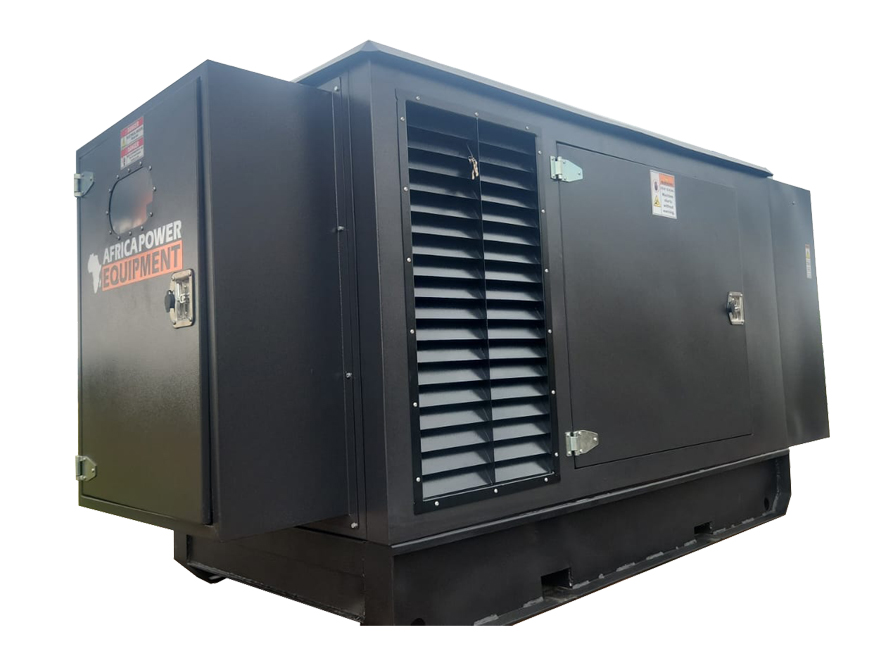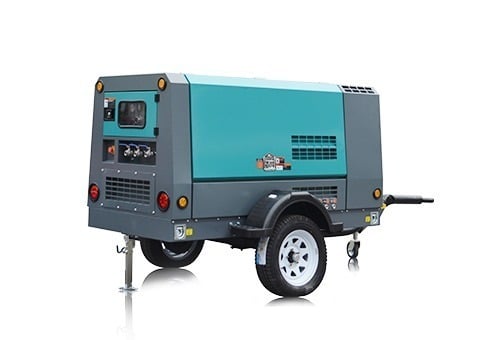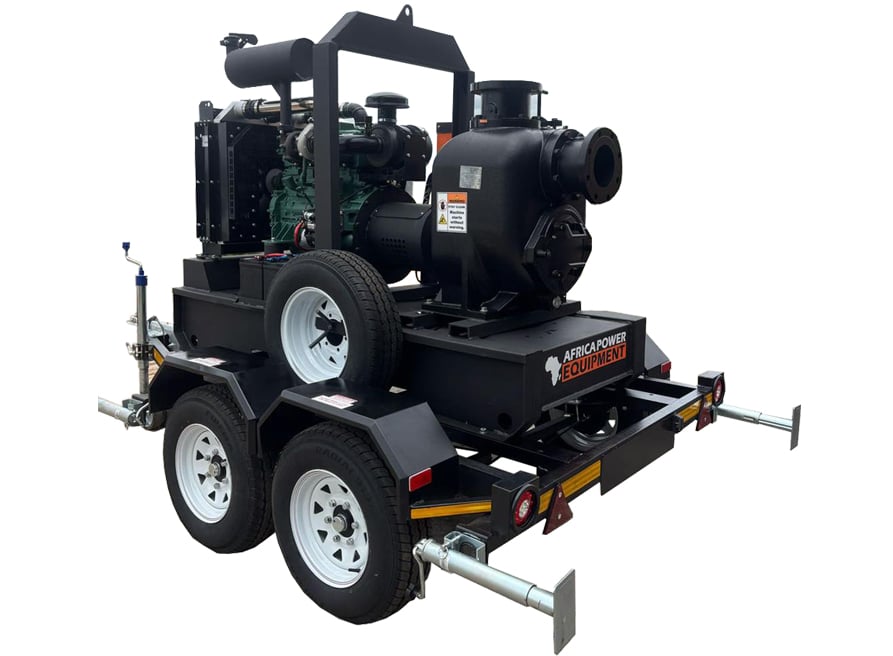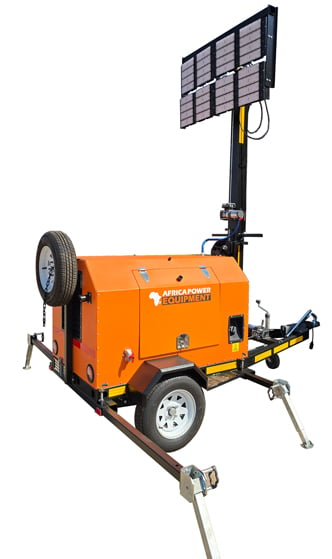Air Compressor Maintenance Guide: Keep Your Unit Running Smoothly
Air compressors are essential tools in workshops, construction sites, and home garages—but like any mechanical system, regular maintenance is key to maximizing performance and lifespan. Neglecting it can lead to inefficiency, damage, or even safety risks.
In this guide, we’ll break down how to properly maintain your air compressor to ensure it stays reliable for years to come.
🔧 Why Air Compressor Maintenance Matters
Proper maintenance helps:
-
Improve performance and energy efficiency
-
Extend the life of your compressor and tools
-
Prevent unexpected breakdowns and costly repairs
-
Ensure safe operation
📅 Daily Maintenance Tasks
These are quick checks you should do every time you use your compressor:
✅ 1. Drain the Moisture from the Tank
Compressed air contains moisture. If not drained, it leads to:
-
Tank corrosion
-
Water in air lines
-
Reduced efficiency
How: Open the drain valve at the bottom of the tank after each use to release water.
✅ 2. Check for Leaks
Listen for hissing sounds. Spray soapy water around connections and watch for bubbles to identify leaks.
✅ 3. Inspect Hoses and Fittings
Look for cracks, wear, or loose fittings that can reduce performance or cause dangerous bursts.
📆 Weekly Maintenance Tasks
🔍 1. Clean the Air Filter
A clogged filter strains the motor and reduces airflow. Tap it clean or replace it if it’s too dirty.
🧪 2. Check Oil Levels (For Lubricated Compressors)
Ensure the oil is at the recommended level and clean. Top up with manufacturer-recommended compressor oil if needed.
📆 Monthly Maintenance Tasks
🧰 1. Inspect the Safety Relief Valve
Lift the valve ring—if air escapes and stops when released, it’s working. If not, replace it.
🌡 2. Check for Unusual Noises or Vibration
This could signal internal issues like worn bearings or loose components.
🧼 3. Clean the Compressor’s Exterior and Cooling Fins
Remove dust and debris to prevent overheating and maintain optimal airflow.
🛠️ Annual Maintenance Tasks
🔁 1. Change the Compressor Oil (If Applicable)
Old oil reduces lubrication and cooling performance. Always use compressor-grade oil, not motor oil.
🔩 2. Tighten Bolts and Fasteners
Vibration can loosen components over time. Go over all bolts with a wrench.
🧊 3. Check the Tank for Rust or Weakness
Use a flashlight to inspect inside the tank. Rust or flaking could indicate it’s time to replace it.
🧽 4. Replace Air Filter and Intake Vents
A fresh air filter improves performance and reduces contamination in the air system.
💡 Pro Maintenance Tips
-
Use clean, dry air by adding a moisture separator if needed.
-
Store your compressor in a clean, dry environment to reduce dust and corrosion risk.
-
Label your service dates to track oil changes, filter replacements, and inspections.
-
Follow the owner’s manual—different models have specific needs.
🚫 What to Avoid
-
Running the compressor without draining the tank
-
Using the wrong type of oil
-
Ignoring warning sounds or performance issues
-
Overloading the compressor with tools beyond its CFM rating
🔗 Related Internal Links
✅ Final Thoughts
Whether you’re a DIY enthusiast or run a professional workshop, routine air compressor maintenance is a smart investment. With simple daily and monthly checks, you’ll improve performance, reduce downtime, and keep your compressor in top condition.
Need compressor parts, oil, or a maintenance kit? Visit PowerEquipment.co.za for everything you need to keep your system running efficiently.





